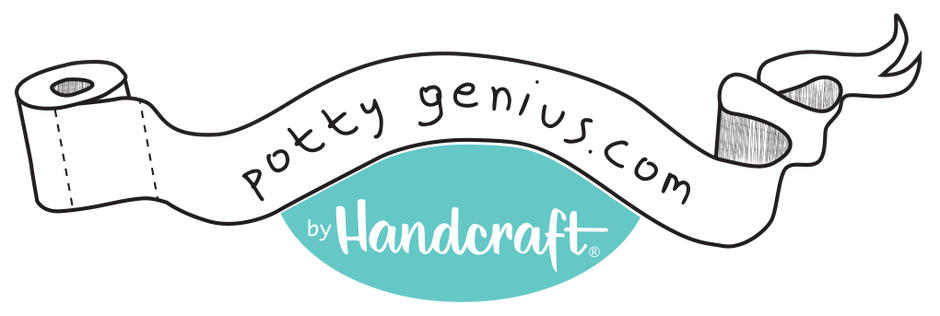If you’re like a majority of parents, you may have noticed that your potty training efforts are completely null and void when the sun goes down. And it isn’t just a toddler issue — according to WebMD, 15 percent of 5-year-olds struggle to stay dry overnight. It is usually around that age when parents start referring to it as bed wetting. Regardless of what you call it, bed wetting is a frustrating yet common occurrence. Despite its commonality, most of those kids think they’re the only one who still wets the bed. This opinion combined with the inability to discuss it with their parents can hamper their efforts even further. That is why it is so important during nighttime potty training for parents to understand and react properly to bed wetting, no matter how frustrating it can be.
Why Me?
Contrary to popular belief, drinking too many fluids before bedtime is not always the main culprit, although it certainly doesn’t help. Many children avoid liquids hours before bedtime and still experience issues. There are a variety of causes of bed wetting, including the following:- Genetics
- Deep sleeping patterns and difficulty waking up
- The central nervous system’s inability to control the bladder
- Insufficient amounts of the antidiuretic hormone that should reduce the amount of urine the kidneys produce
- Urinary tract infections
- Ureter abnormalities in girls and urethral valve abnormalities in boys
Help!
Although some kids simply take longer with nighttime potty training, there is someone there to help. Pay a visit to the doctor. He or she will most likely do a physical exam and maybe a urinalysis. Checking for problems in the bladder and urinary tract is a common practice, although most children are completely healthy. Don’t be in shock or feel defensive if the doctor asks about your child’s home and school life. It is customary to do so. There might be some changes that could be made at home that may help, no matter how minor they are.Treatment Options for Bed Wetting
Most children outgrow bed wetting on their own. Still, doctors may recommend treatment to speed up the process. The two most common types of treatments are medicinal and behavioral. Behavioral Therapy Behavioral therapy is often used for nighttime potty training before medicinal. Some examples of behavior therapy include the following:- Behavior conditioning involves the use of an alarm that either vibrates or makes a sound when the child starts urinating. The alarm is intended to wake the child in order to get into the habit of waking to use the bathroom.
- Motivational therapy tries to rid your child of any guilt he or she may feel about bed-wetting. It usually involves positive reinforcement and reward systems. This strategy can help older children deal with emotional stress.
- Bladder-training exercises can strengthen the bladder to help your child hold urine longer.

